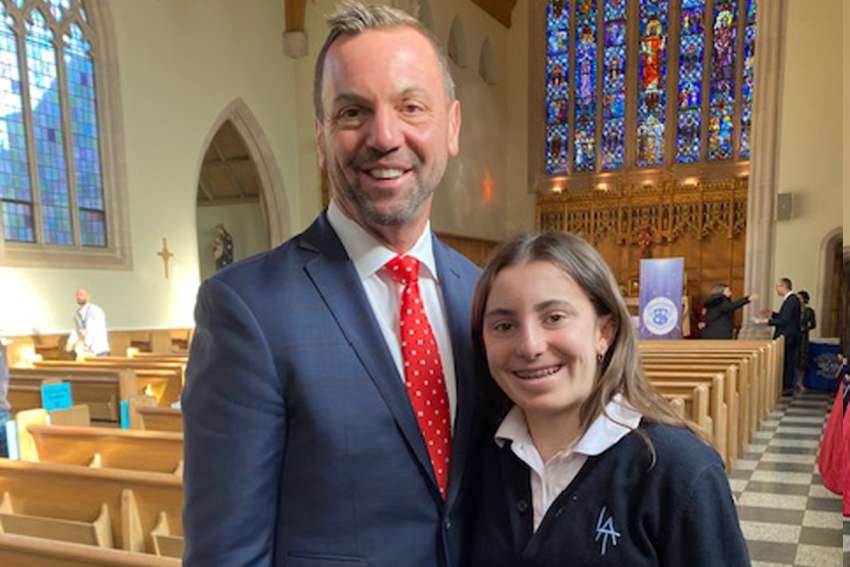The board recently passed a motion put forward by trustee Maria Rizzo calling for students at these schools to have fair access to sporting facilities, righting the wrong of decades of neglect. Facilities at Loretto Abbey Catholic Secondary School, Madonna Catholic Secondary School, St. Joseph’s College School, St. Joseph’s Morrow Park Catholic Secondary School, Notre Dame High School and Loretto College are said to lack equitable sports facilities and fields compared to other high schools. Students have reported unusable fields, if there are fields at all, and rusty and broken sports equipment among other complaints. These conditions are not common at all-boys schools.
As part of the motion, staff has been required to report back with a strategic plan on how to address the historic lack of support for recreational opportunities at all-girls’ schools. The board will look to establish a fund to help in the short term with levelling the playing fields to enable more activity on sites at schools with neglected resources. A study already in progress will assess recreational facilities at all schools in the board to see how they stack up to the average. The motion will give greater priority to girls’ schools.
“This has been a really important and long overdue step forward to try to give young women equal opportunity that young male students have,” said Tim Hudak, a member of the parent council at Loretto Abbey Catholic Secondary School, where his daughter Miller is a Grade 10 student. “But it’s going to take a lot more than emotion. We need to make sure that staff deliver on that report and look for partners at different levels of government and the private sector and make a pitch to correct this relic of the past.”
Loretto Abbey principal Lily Ann Adams and members of the parent council were the first to put the issue on Rizzo’s radar. Rizzo’s constituency includes Loretto Abbey, Madonna and the newly built St. Joseph Morrow Park where the outdoor track was not built at regulation size. The oversight, many feel, is indicative of an overall unequal standard for girl’s sport.
The issue came to Hudak’s attention when his daughter was looking to try out for the school baseball team. There was a practice on a given evening which she did not attend, and when he asked her why, he was surprised to learn that practice was not at the school site because of the condition of the field. Students had to take a bus to practice, all their games were on the road and she was concerned about missing too much school. He spoke to other parents who were concerned about the limitations in opportunities for girls to participate in sport. Hudak brought it to the Adams and a decision was made to approach Rizzo.
“We looked at the matter and it was clear that there was a long-standing bias against all-girls’ schools in favour of all-boys’ schools when it comes to providing funding for recreational facilities,” said Hudak, the former leader of Ontario’s Progressive Conservatives. “Some of the boys’ schools would make some universities jealous with their sporting equipment, while girls have been treated as second-class citizens.”
There are concerns for the situation at some co-gender schools as well. Rizzo also represents Cardinal Carter Academy for the Arts, which she says has no grass or field.
In the short-term Rizzo would like the safety issues to be addressed at the schools that have fields but have not been able to use them for athletic purposes. In the long-term, she hopes a reserve fund, which the board has approved, will be set aside to address major issues around athletic fields and how they can be made more accessible. This includes providing additional money to bus kids to a local field in situations where limitations to the structure of facilities create on-site barriers to access.
The full assessment of sports facilities at schools across the board is expected to be completed some time this year.


